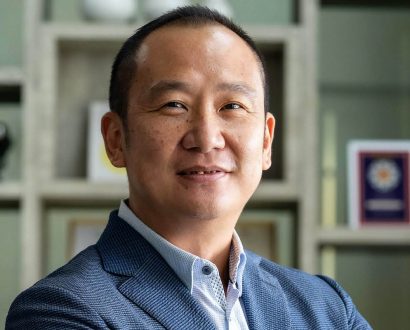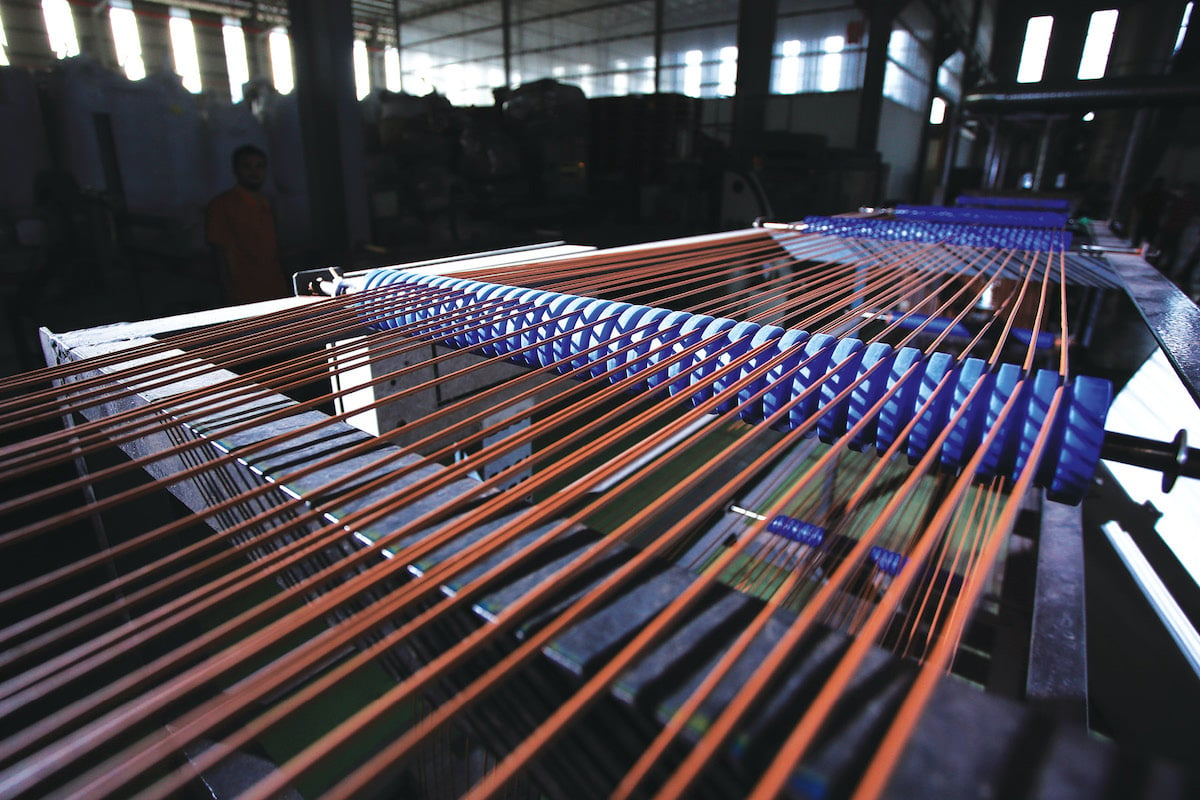Is plastic recycling the solution to the deepening environmental crisis?

Growing up in a family of recyclers, Kian Seah’s parents had two simple requests for their children: get a degree, any degree, and whatever you do, never become a recycler.
The irony lies in the fact that Seah, now the Founder and CEO of Heng Hiap Industries (HHI), pursued a mechanical engineering degree that landed him in the very profession his family urged him to avoid – recycling. Yet for Seah, it was more than a career choice; it was about defending family honor and challenging the prevailing perceptions of a misunderstood material.
"Plastic is almost a dirty word. However, it’s time for that narrative to change. Plastic as a product has many advantages: it’s beautiful, lightweight, cost-effective and easily moldable. And plastic also has a very powerful gift that many people do not know about – every time plastic changes, it valorizes. That’s the beauty of plastic," Seah explains.
"However, plastic ignorance is pervasive. At HHI, we want to fight for plastic and give it a voice. We want to give a voice to the recyclers like my parents and destigmatize this under-appreciated, underserved and under-invested material.
"More than the product itself, it’s what we do and how we design its entire life cycle, giving it a second chance, that matters."
The secret to sustainability?
By 2050, it’s estimated that there will be more plastic than fish in the sea. HHI, as a Malaysian-owned recycler specializing in high-value plastic, is setting out to change that trajectory. Established in 2020 and already boasting exports in 35 countries across eight industries, the company believes that plastic has a big role to play in the journey toward a sustainable future.
Recognizing that plastic is a valuable and reusable resource, HHI developed a business model where 100 percent of the ocean-bound plastic they collect is recycled or valorized, resulting in a zero-waste business model. Apart from creating the ‘smart plastics’ that are used to craft an array of everyday items from furniture and toys to shoes and vacuums, HHI goes a step further by transforming plastic through chemical recycling.

"I used to think the point of innovation was to achieve a breakthrough, but it’s not – it’s to achieve impact."
This involves converting plastic into diesel for electricity generation or pyrolysis oil, serving as a renewable feedstock for the creation of new plastic materials. "If we were to run out of fossil fuel tomorrow, I wouldn’t be concerned at all," Seah says. "There’s an abundance of hydrocarbons on Earth’s surface, which we can generate through plastic circularity, ensuring a continued symbiotic relationship with this versatile material."
Plastic scrap can be recycled five-to-seven times depending on its condition, Seah reveals. After that, when its molecular structure collapses, HHI takes it, converting it into a feedstock that is used to make plastic material again. "This is what we call a circular polymer," he says. "This cycle can potentially go on forever. The key is getting all the stakeholders together to achieve plastic neutrality."
Bending the linear economy
However, before achieving plastic neutrality, Seah says, we must collectively reduce our plastic usage. "We must reduce, reuse and then recycle," he explains. "The biggest challenge right now is that we are so used to the linear economy, which is all about making things faster, better, cheaper and prettier. We need to bend the linear economy to make it circular, whereby all of us come together to achieve that circularity."
When Seah began this journey, he was alone. However, with the rapid pace of digitalization and the urgency to embrace sustainable practices, he’s no longer navigating this path solo. Instead, he’s part of a connected community of visionaries and innovators who are driven to achieve plastic circularity.
"Everything we are doing now and every decision that we make is helping to move the dial toward a more sustainable and circular future."
"At HHI, we believe in collaboration, and we believe in partnership," Seah says. "We serve a spectrum of customers, from Fortune 500 companies to startups, but all of us share one commonality – we want to enable this circularity. There’s no competition. We’re all sitting on the same side of the table, ideating ways that we can create that circularity together."
With the growing momentum of sustainability, a rising number of talented individuals are joining the cause. "As we start to shift the weight toward the relevance of being greener and more sustainable, we’re being rewarded with some bright young minds who want to contribute to this cause. It’s very rewarding to see these believers join the space and create a positive impact on the environment."
Upping the game
As a member of YPO, the global leadership community of chief executives, Seah feels supported in his journey both personally and professionally. "The YPO community has shown me different ways of doing things to deliver a positive impact. We learn together, deep dive together and embark on journeys of self-discovery," he says.
"In fact, the YPO community helped me understand the relevance of innovation. I used to think the point of innovation was to achieve a breakthrough, but it’s not – it’s to achieve impact. This realization helped me up my game, and I genuinely believe YPO has been instrumental in my achievements over the past eight years."
"There’s no competition. We’re all sitting on the same side of the table, ideating ways that we can create that circularity together."
Looking forward, Seah has no plans of slowing down. And he is no longer letting the weight of the past hold down his ambitions. "I started this journey to defend family honor. And now that I’ve accomplished that, my mission has transcended into something greater," Seah says.
"This is the most liberating chapter for me. I now have the freedom to embark on the journey toward this new era of plastic circularity with a team of believers. Everything we are doing now and every decision that we make is helping to move the dial toward a more sustainable and circular future."